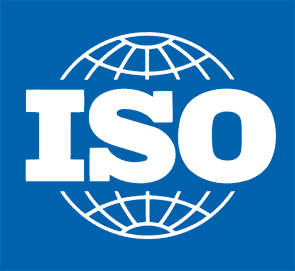Standards are imperative in manufacturing. Consider how life would be if the fasteners holding our tires on our vehicles were off just slightly. Consider how many people could die if we didn’t have standards for the pharmaceutical or food and beverage industry? And how important are standards in the nuclear and aerospace and aviation industries?
Standards are vital to everything we do as an industry and affect our personal lives in every turn we make. Standard also have tremendous benefits to everyone they touch.
Each year on October 14, the members of the IEC (International Electrotechnical Commission), ISO (International Organization for Standardization), and ITU (International Telecommunication Union) celebrate World Standards Day, paying tribute to the collaborative efforts of thousands of experts worldwide who develop the voluntary technical agreements that are published as international standards across every major industry sector globally.
While it may seem like a hassle and it certainly has a significant financial cost to remain in compliance with standards, it is vitally important and ensures the safety of everyone involved in the supply chain.
Here at e2b we salute our customers who go the extra mile to achieve and maintain accreditation with ISO standards. Remember, your ERP software is a vital part of your overall quality process and can have a significant role in your ability to manage compliance with industry standards. Below are a few tips for leveraging your ERP system for standardization:
• Clearly define labor routings and bills of materials in your ERP system with multimedia to clarify how to perform specific labor operations, machine setups, or how to handle materials appropriately.
• Attach mechanical drawings, wiring schematics, and quality control procedures to routings making them available to shop employees logging in to work orders.
• Leverage your document management system to maintain version control over all of your quality documentation.
• Utilize your business intelligence software to analyze quality data captured from your ERP system.



